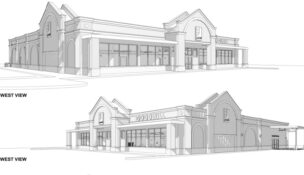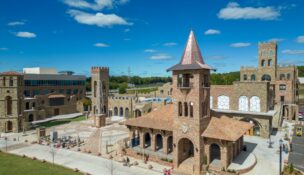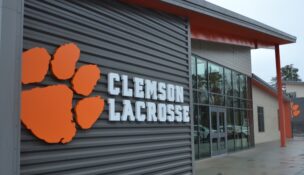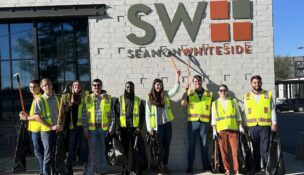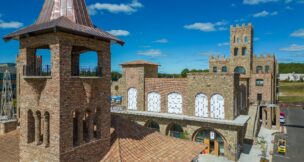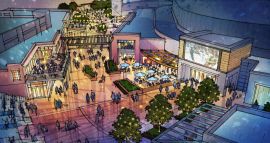

Mayor urges county to consider FILOT status
Molly Hulsey //July 18, 2022//
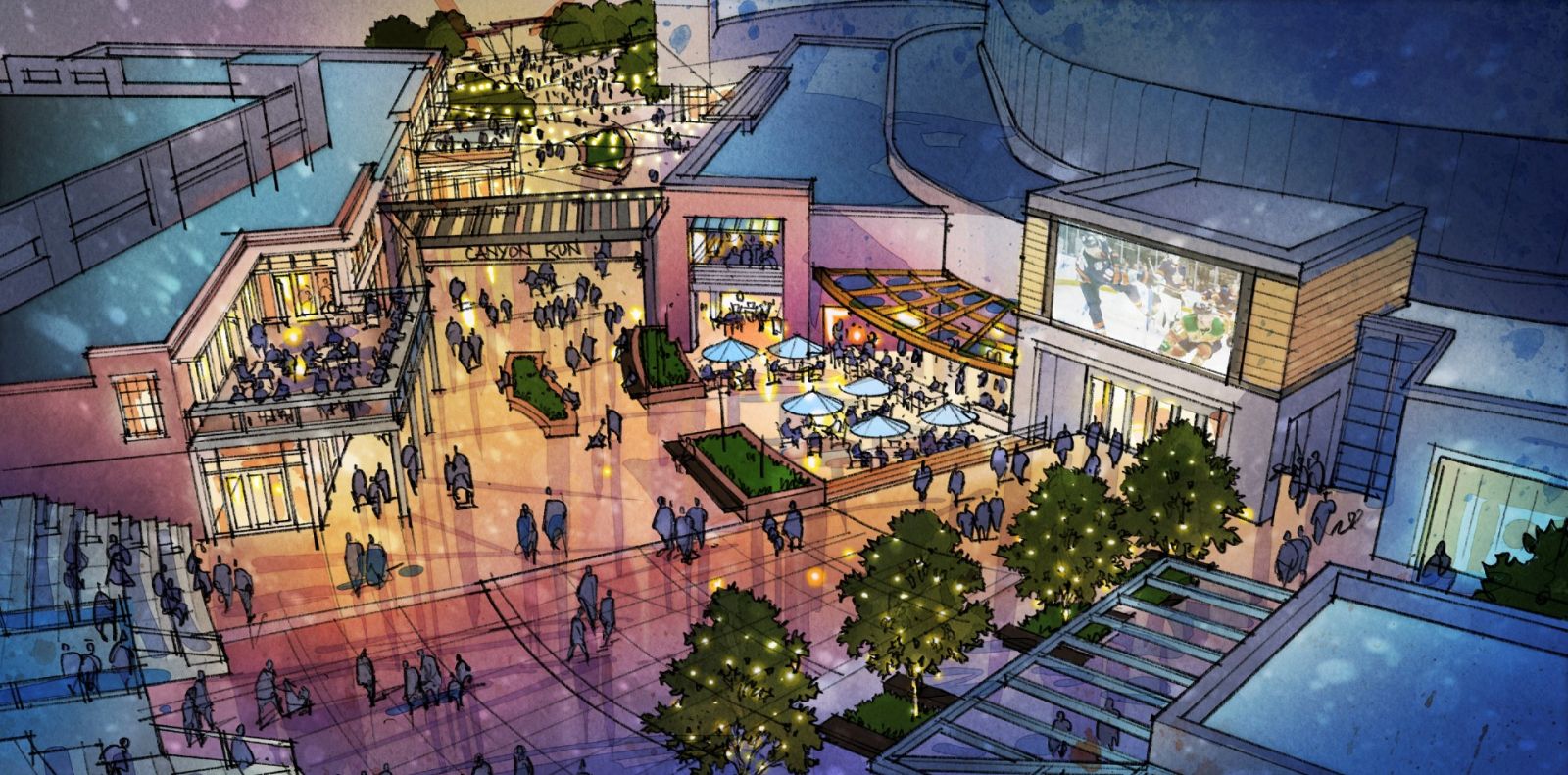 This story first appeared in the July 11 print edition of GSA Business Report.
This story first appeared in the July 11 print edition of GSA Business Report.
Last October, Greenville County Council’s finance committee gave a thumbs down to fee-in-lieu tax incentives for a proposed $42 million planned community in Greer because of the development’s residential nature.
“FILOTs are used for manufacturing and industrial, not for housing,” Council Chairman Willis Meadows told GSA Business Report at the time. “So, we follow that rule. Now, I’m sorry to say we haven’t always done that.”
The decision could prevent developers of the Greenville Gateway project from seeing their plans for affordable housing in the area become reality, but Greenville Mayor Knox White said he has been in “active discussion” with county councilors on lifting limitations on residential economic development incentives.
Plusurbia, the Miami-based developers of the project, hope to earmark a percentage of the slated 300-unit multifamily apartments at the former Greenville Memorial Auditorium site as affordable housing. According to White, the affordable housing component of the plan relies on the county’s approval of residential FILOT incentives.
The 1.83-acre site bordered by East North Street, Church Street and Beattie Place is within Greenville city limits, but only the county can activate FILOT agreements under state law. According to Greenville County property records, the latest owner, Kana Gateway LLC, purchased the site in 2017 for $3 million.
Greenville Memorial Auditorium sold the site in 2008 after demolishing the auditorium in the late 1990s.
“We’re just urging the county to adopt guidelines or rules for FILOT, and we hope that affordable housing will be one of the criteria that they give a green light to FILOT,” White told SC Biz News. “And if so, this project I hope, would be first up for the county’s consideration.”
The Gateway to Greenville development is far from the only proposed affordable housing project riding on the FILOT greenlight, but if it is allowed to move forward, it may be one of the most high-profile projects within city limits to receive incentives since the 262-apartment Project Unity Gateway development, which included 52 units of affordable and workforce housing.
“So we have to get the county’s participation and that’s a bigger issue than just this one project,” the mayor said. “That’s a bigger issue than just this one project, but we have a number of projects that could include affordable housing if there were a FILOT but right now we’re sort of frozen.”
So far, all discussion with the county on the topic have been “nothing but positive,” he said.
But the residential component of the project is old news, according to White. He’s most excited about the retail and restaurant space planned for the ground level of the apartments, creating the pedestrian-friendly entertainment destination lobbied for by resident respondents to a spring survey.
“Many people over the years decided to contract only to walk away from it,” White said about the former Greenville auditorium site. “So this group, what really distinguishes them from others in the past, is their focus on entertainment and their activation of the street level of the project. And also … they’re the first development group to look at this site and say, it’s not so much about ‘gateway to downtown,’ as much as it is the gateway to the corridor back to the [Bon Secours Wellness] Arena.”
Along with Bon Secours Wellness Arena, Greenville County and adjacent landowners, the city recently participated in a “privately-financed planning exercise” for the North Street corridor from Interstate 385 from the Greenville law enforcement complex on 301 E. North St. to the former Greenville Memorial Auditorium site.
“I think as long as it’s been vacant, it’s been difficult to attract investment to the whole quarter-mile stretch,” he said.
While the city does not own the site, White said it seeks to invest in a sidewalk widening project, along with other safety improvements to appeal to pedestrians. The collaboration seeks to transform the existing strip of one- to two-story relics from the 1970s into taller, updated structures that can conserve space on prime real estate and draw in public-facing retail operations.
The city’s design review board was expected to review Plusurbia’s plan for the site on July 7, after the GSA Business Report print deadline.






